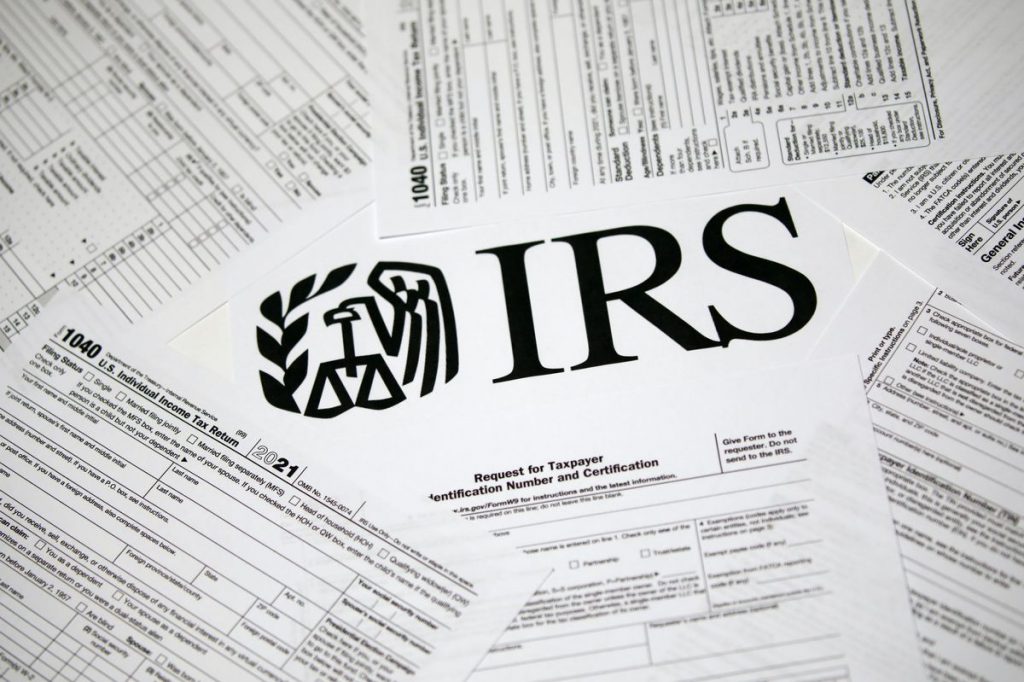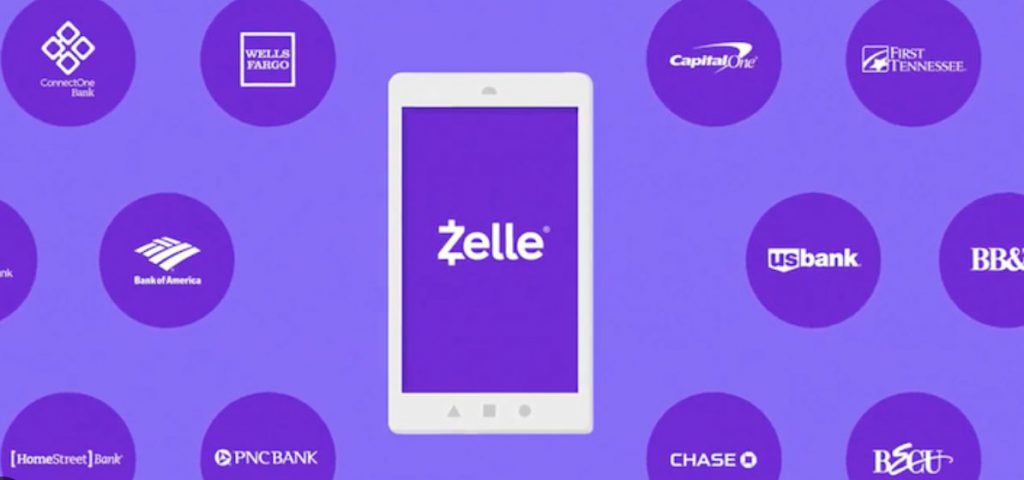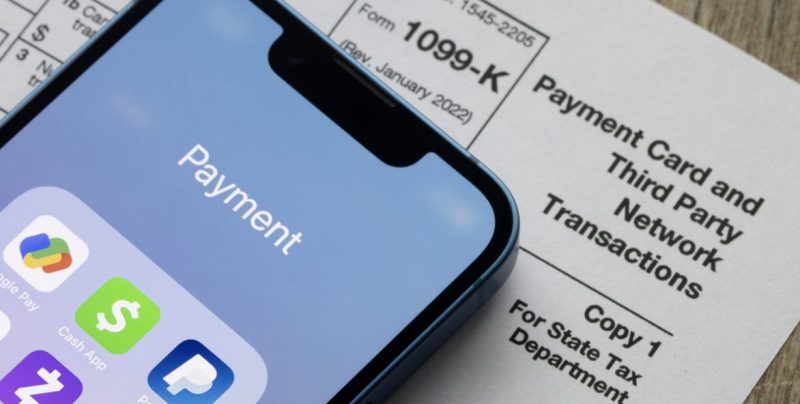Does Zelle Report to IRS? A Comprehensive Guide
In the world of online payment apps, tax reporting can be confusing. With the IRS cracking down on income delivered through these services, users wonder whether Zelle, a widely used app, is subject to the same tax reporting requirements.
In this comprehensive guide, we will explore the tax implications of using Zelle, how it differs from other payment platforms, and what responsibilities users have when reporting taxable income.


Understanding Zelle’s Tax-Reporting Policies
Zelle, a payment network controlled by a consortium of banks, operates differently from other payment apps like Venmo.
Unlike its competitors, Zelle does not have custody of your money.
Instead, it facilitates direct bank-to-bank transfers between customers, which has significant implications for tax reporting purposes.
While the IRS requires competing services to use Form 1099-K to report business income exceeding $600 starting in the 2023 tax year, Zelle users are exempt from this requirement.
Zelle does not report transactions made on its network to the IRS, regardless of the amount.
However, it’s important to note that the rules surrounding taxing income remain the same, regardless of the platform used to receive the money.
Tax Reporting on Personal vs. Business Payments
For personal payments, such as splitting a bar tab with friends, there is generally no need to worry about tax reporting.
These types of transactions do not trigger a 1099-K form.
However, if you have a business account or receive payments for goods or services, you may receive a 1099-K form from other payment platforms.
Furthermore, it’s crucial to understand that even if Zelle does not require a 1099-K form, you are still responsible for reporting all taxable income to the IRS, regardless of whether you receive a tax form.
The Zelle Tax Loophole: Myth or Reality?
While Zelle operates under different tax reporting rules than other payment services, the actual tax obligations are the same.
If you receive more than $600 in taxable income through another service, the IRS can identify that income through a Form 1099-K sent by the platform.
There is no reporting requirement on Zelle, but this does not exempt users from correctly reporting taxable income.
It’s essential to understand that income from Zelle should be treated like a cash payment.
While it may be more challenging for the IRS to track such payments, deliberately concealing taxable income can lead to serious legal consequences.
Does Zelle report to the IRS in 2023?
To further understand Zelle’s tax reporting policies, it’s crucial to examine the changes implemented by the IRS.
In 2022, the IRS planned to lower the threshold for reporting income on certain payment services from $20,000 to $600, starting in the 2023 tax year.


However, these changes do not affect Zelle. Zelle was not subject to these tax rules in 2022 and will continue to be exempt in 2023.
It’s important to reiterate that Zelle users must report their taxable income correctly, as the absence of a 1099-K form does not excuse them from paying taxes.
Does Zelle send you a 1099?
Zelle’s unique setup, which facilitates direct bank-to-bank transactions, sets it apart from its competitors.
Unlike Venmo or PayPal, Zelle does not allow users to hold a balance directly on its network. This distinction translates to different reporting requirements.
Zelle is owned by Early Warning Services, a financial technology company owned by major banks. Due to its direct bank-to-bank transaction model, Zelle is not subject to the IRS’s 1099-K reporting rules. This applies to other peer-to-peer payment apps categorized as “third-party settlement organizations.”
Considering Zelle as Your Payment App of Choice
Whether or not you should switch to Zelle ultimately depends on your individual needs and preferences.
While Zelle has its strengths, it may not offer certain features on other payment platforms.
For example, some alternatives to Zelle allow users to buy investments like stocks and cryptocurrency. Others support credit card payments, which Zelle does not.
Additionally, if your friends do not use Zelle, you may need to download another app to facilitate payments.
It’s important to note that switching payment services solely to avoid taxes is not a valid strategy.
Taxable income must be reported to the IRS regardless of the platform used. Remember it is still the user’s responsibility to comply with tax regulations.
Seeking Professional Guidance


Navigating the complexities of tax reporting can be overwhelming, especially for small business owners or individuals with significant income streams.
In such cases, it’s wise to consult with a tax professional. Perhaps even a legal expert who can provide tailored advice based on your unique circumstances. They can help ensure you correctly report taxable income and fulfill your obligations to the IRS.
Conclusion: Does Zelle Report to IRS?
In conclusion, Zelle does not report transactions made on its network to the IRS, as it is exempt from the 1099-K reporting rules.
However, this does not absolve users of their responsibility to report taxable income correctly. Whether you use Zelle or any other payment app, it’s crucial to understand and fulfill your tax obligations.
Remember, if you have taxable income, you must report it to the IRS, regardless of whether you receive a tax form.
Stay informed, seek professional guidance when needed, and ensure compliance with tax regulations to avoid any legal complications in the future.





